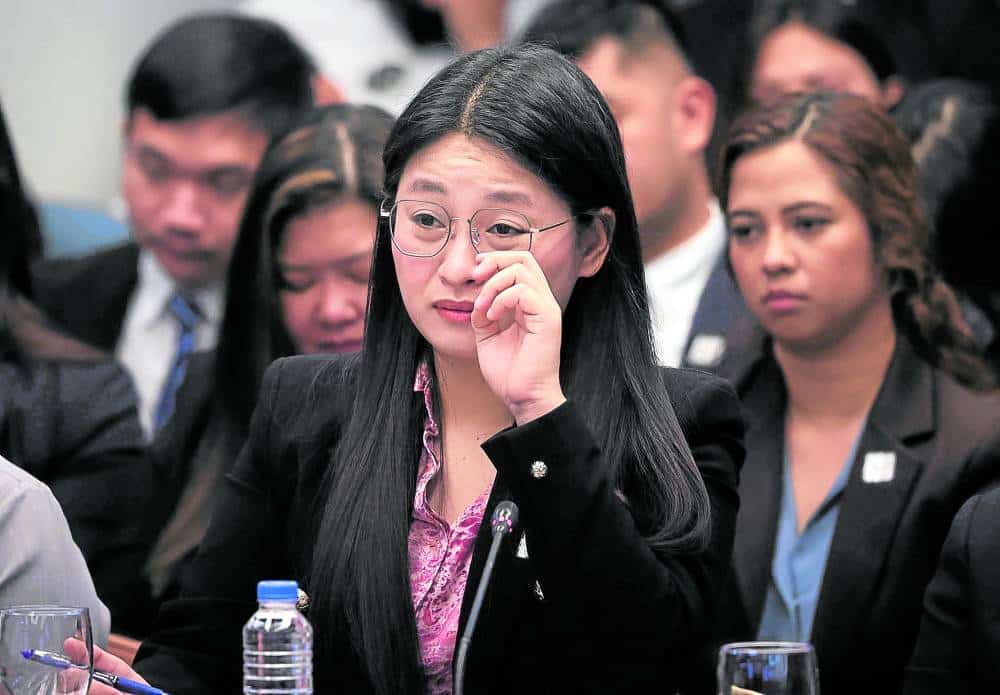Alice Guo, the current mayor of Bamban, Tarlac, has become a lightning rod for controversy in the Philippines. Her story intertwines allegations of links to illegal gambling operations with questions surrounding her Filipino citizenship, raising critical issues about accountability and transparency in Philippine politics.
The controversy centers around two primary concerns. First, Senators Risa Hontiveros and Win Gatchalian suspect Guo of involvement with illegal Philippine Offshore Gaming Operators (POGOs) operating in Bamban. POGOs, which cater primarily to foreign customers, have become a source of national debate due to their association with rising crime rates, social disruption, and concerns about money laundering. Raids conducted in Bamban in 2023 and 2024 unearthed evidence that fueled these suspicions. If the allegations hold water, Guo’s connection to illegal POGO operations would be a blatant abuse of power and a betrayal of public trust.
Second, inconsistencies in Guo’s submitted documents and her sworn testimony have cast a shadow of doubt on her Filipino citizenship. The Philippine Constitution mandates Filipino citizenship for all elected officials. This aspect of the controversy is particularly sensitive, as it touches upon the very core of national identity and eligibility to hold office.
The question of blame in this situation is multifaceted. Guo herself bears a significant portion of the responsibility. If the allegations regarding POGO involvement are proven, her actions would constitute a clear violation of the law. Additionally, any discrepancies in her citizenship documents raise serious concerns about transparency and potentially deliberate attempts to mislead authorities.
However, the Philippine government also deserves scrutiny. The current vetting procedures for candidates appear to have weaknesses. A more rigorous system for verifying submitted documents, including educational credentials and citizenship proof, could have potentially prevented this situation. Furthermore, the lack of a robust mechanism for investigating allegations of official misconduct against elected officials creates an environment susceptible to potential wrongdoing.
Beyond identifying those to blame, this case underscores the need for stronger checks and balances within the Philippine political system. A more comprehensive vetting process for candidates, coupled with a more efficient and transparent system for investigating allegations of misconduct, would go a long way in ensuring accountability and fostering public trust in elected officials.
The Alice Guo controversy extends beyond the confines of a single case. It serves as a stark reminder of the vulnerabilities that exist within the Philippine political landscape. Moving forward, it’s crucial for the government to implement reforms that strengthen vetting procedures, establish clear channels for investigating official misconduct, and promote greater transparency throughout the political process. Only through such measures can the Philippines ensure that those elected to serve the public interest are held accountable for their actions and uphold the highest standards of integrity.





